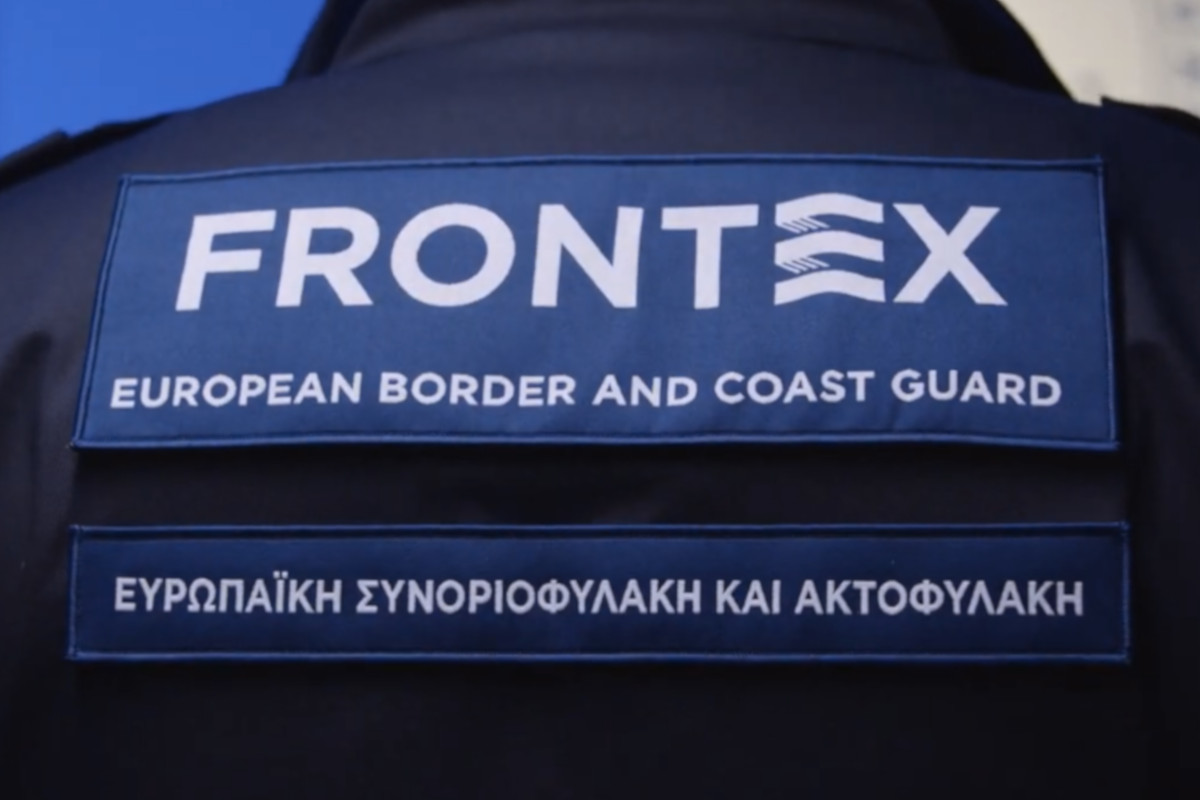EU: Member states back bigger Frontex role in "voluntary return and reintegration"
Topic
Country/Region
22 October 2021
In July, the Slovenian Presidency of the Council sought member states' views on the role of Frontex in implementing the EU's Strategy on Voluntary Return and Reintegration. The responses, published here, show that national authorities are keen to boost it.
Support our work: become a Friend of Statewatch from as little as £1/€1 per month.

The Commission published its first-ever Strategy on Voluntary Return and Reintegration (COM(2021) 120 final, pdf) in April this year.
The document "promotes voluntary return and reintegration as an integral part of a common EU system for returns."
It highlighted a central role for Frontex:
"The role of Frontex as the operational arm of the common EU system of returns is key to improving the overall effectiveness of the system and to support – with new tools – the practical use of a consolidated EU framework on voluntary return and reintegration."
The member states' responses emphasise a number of points made in the Commission's strategy.
Particular attention is given to the possibility of Frontex concluding contracts with various providers of "reintegration" services, to minimise bureaucracy at national level.
Member states are also keen for Frontex's takeover of the European Return and Reintegration Network, due to be finalised in 2022.
The provision of common IT systems is another common theme, in particular RIAT (Reintegration Assistance Tool) and RECAMAS (Return Case Management System).
The full set of responses is available here: Written comments submitted by the Member States and Schengen Associated Countries: Discussion paper on the FRONTEX role in implementation of the EU Strategy on Voluntary Return and Reintegration (Council doc. 11634/21, LIMITE, 9 September 2021, pdf):
"Following the request for written contribution on FRONTEX role in implementation of the EU Strategy on Voluntary Return and Reintegration (CM 3956/21), delegations will find in Annex compilation of replies received from EU Member States and Schengen Associated Countries."
Did you find this article useful?
We can only produce work like this with your support. Become a Friend of Statewatch and help us continue!
Further reading
- 8 July 2021: EU: New Slovenian Presidency discussion paper on a "sustainable return policy"
- 5 May 2021: EU: Detention at the borders to increase "voluntary" return of migrants
- 25 February 2021: EU states keen for Frontex assistance in deporting unaccompanied children
- 27 November 2020: EU: Deportations and 'voluntary' returns: Frontex plans and new mandate options, "effective and sustainable reintegration of returnees"
- 19 August 2020: Deportation Union: rights, accountability, and the EU's push to increase forced removals
Our work is only possible with your support.
Become a Friend of Statewatch from as little as £1/€1 per month.
Spotted an error? If you've spotted a problem with this page, just click once to let us know.

